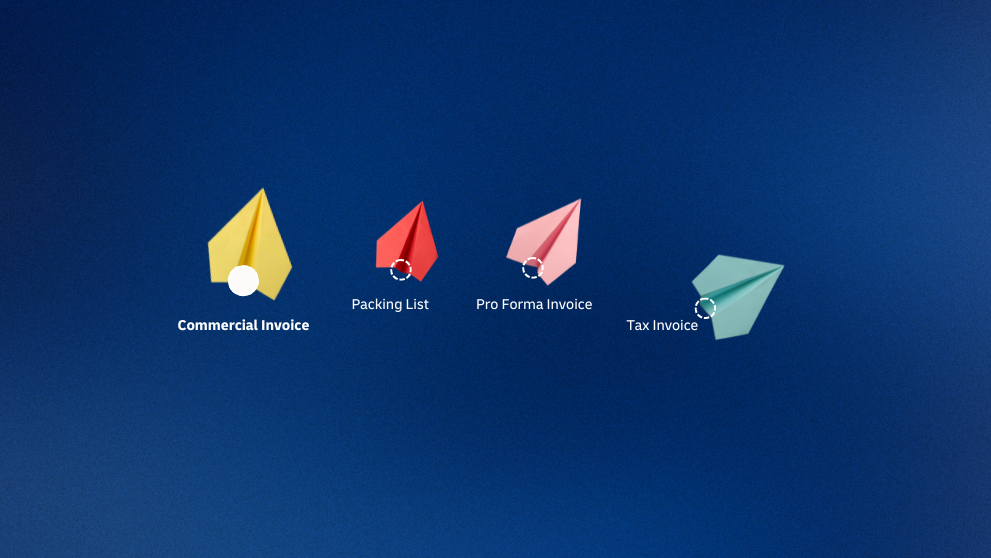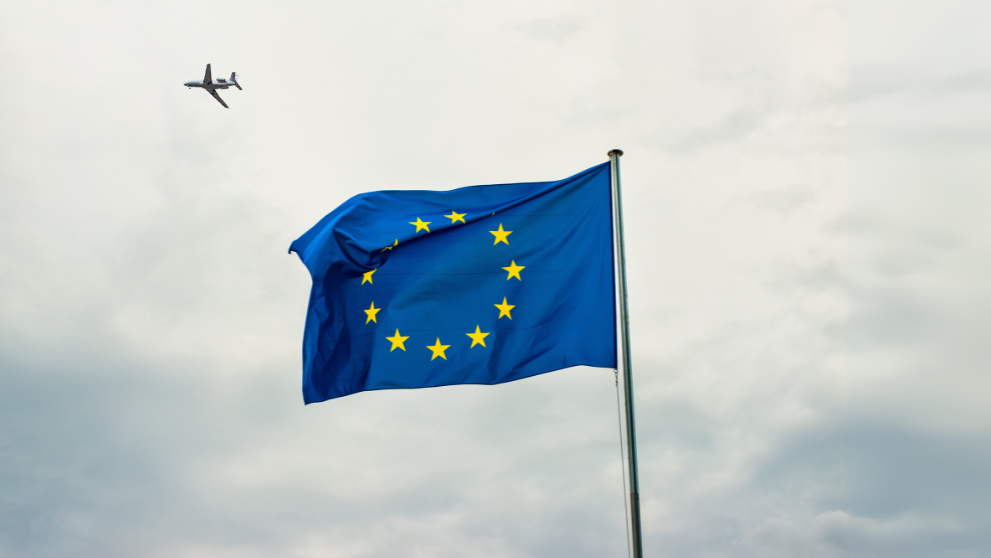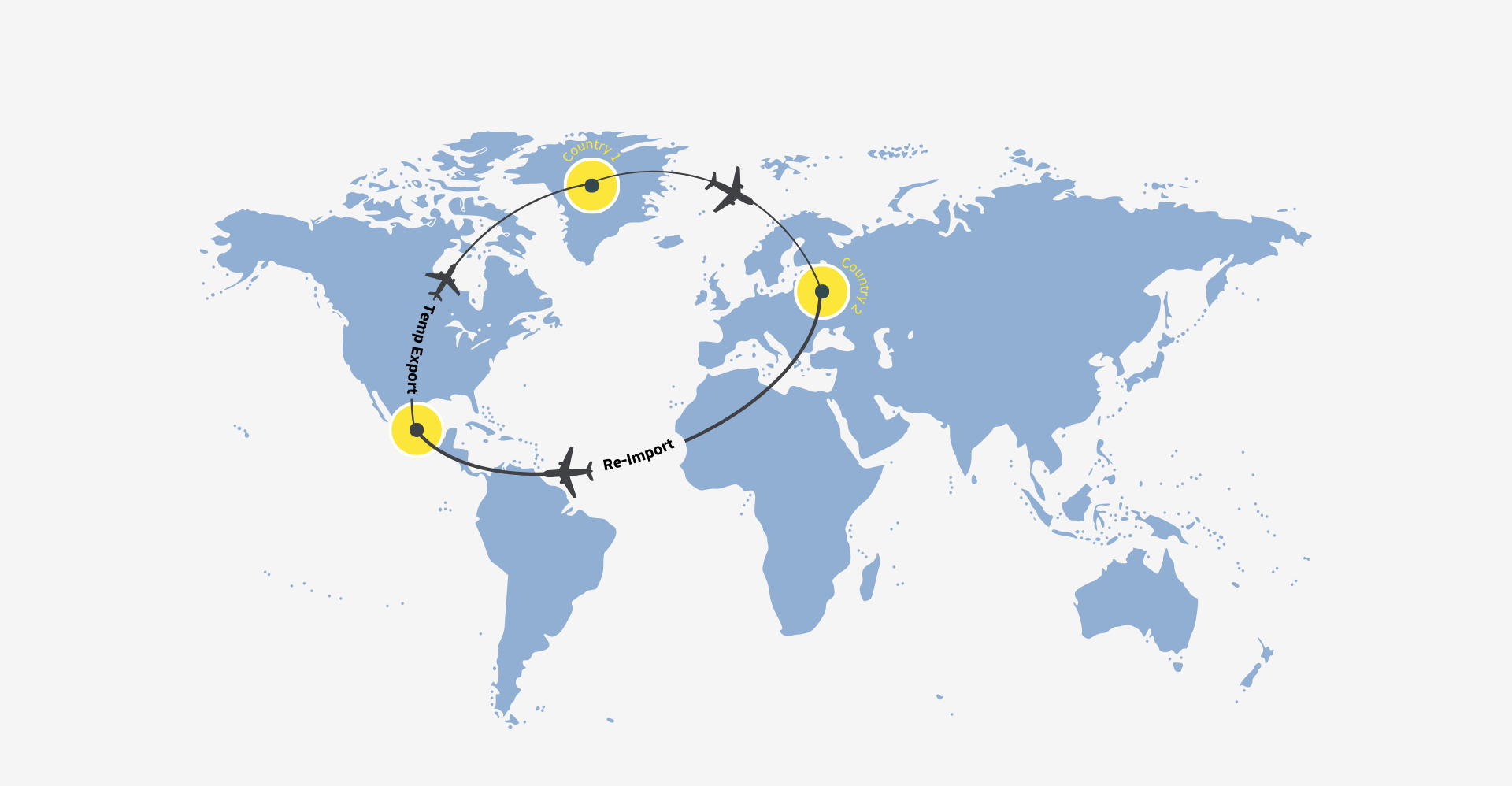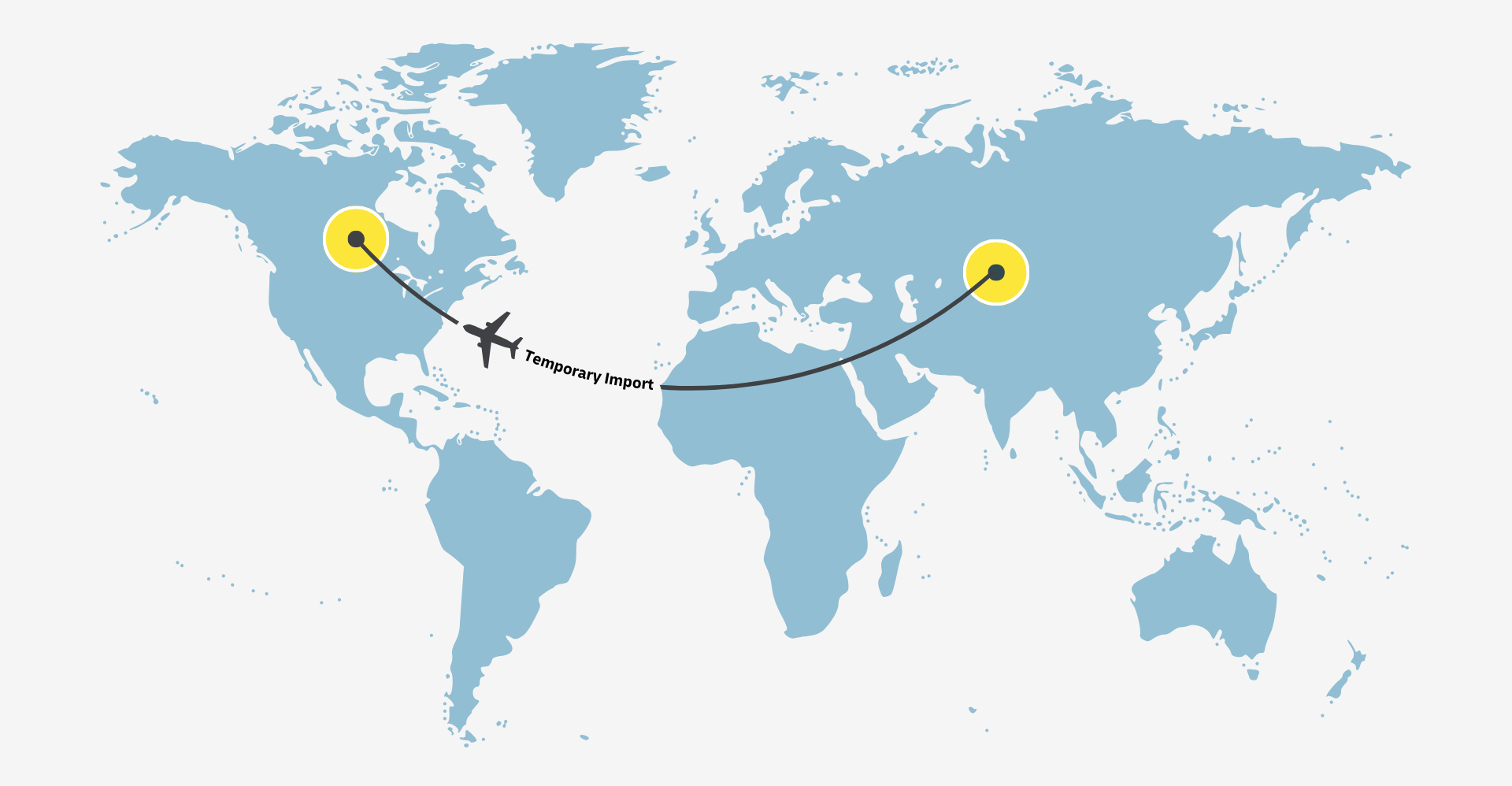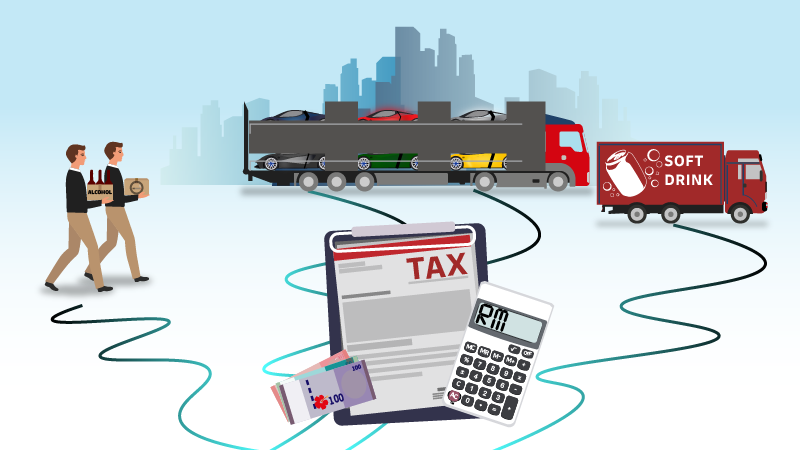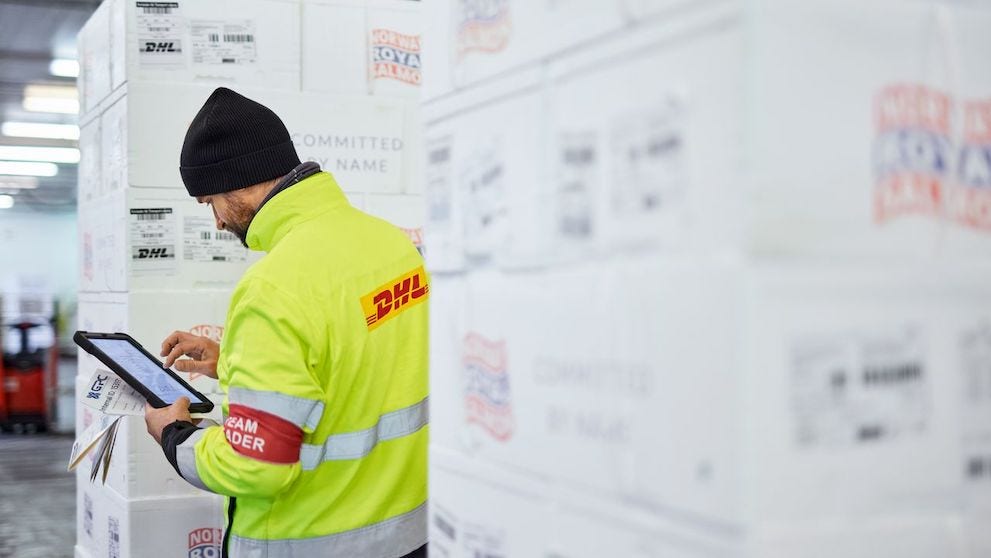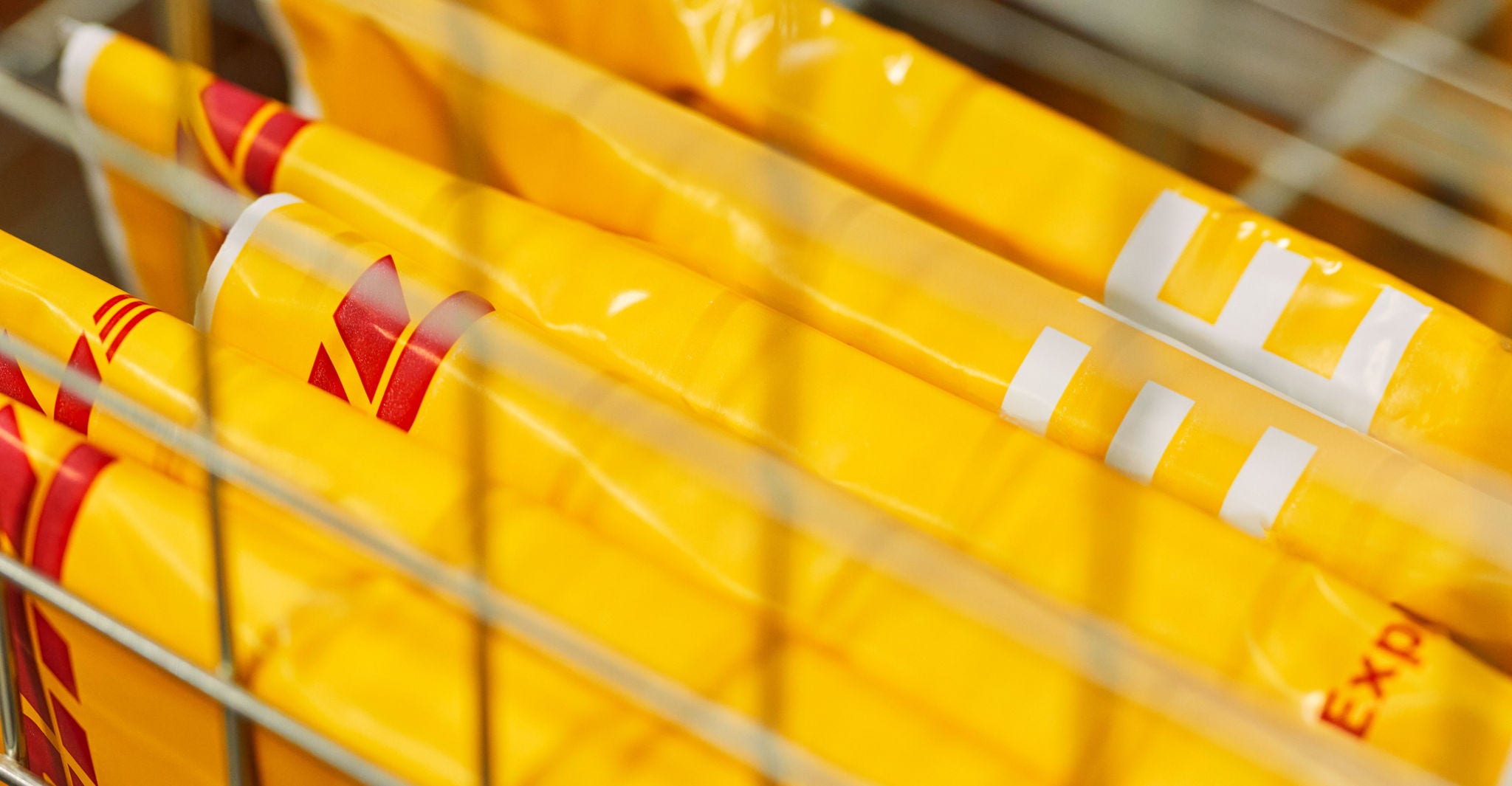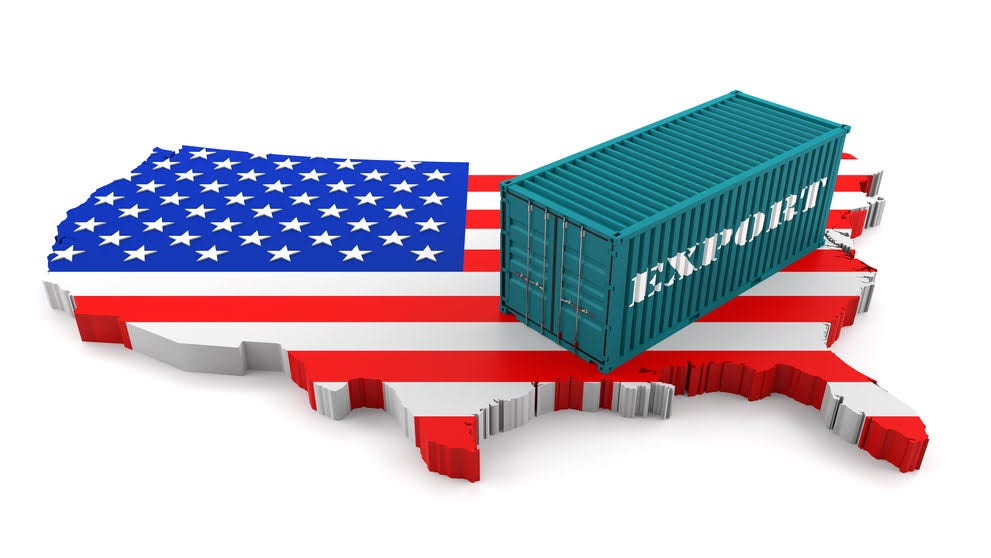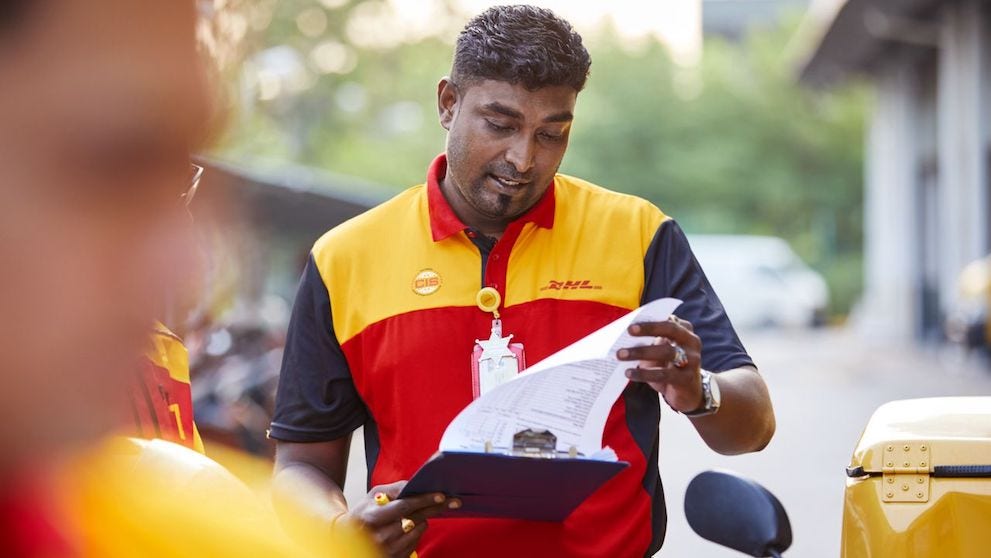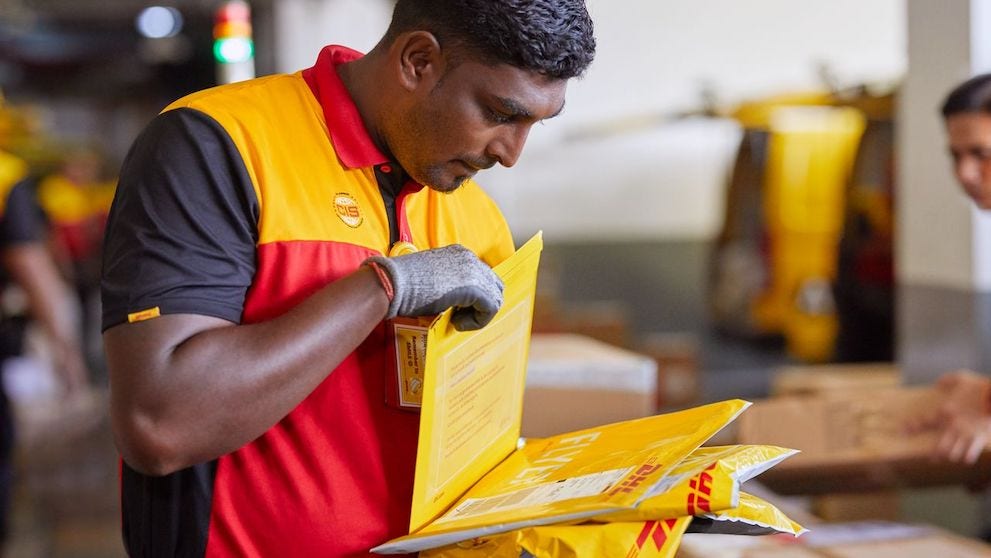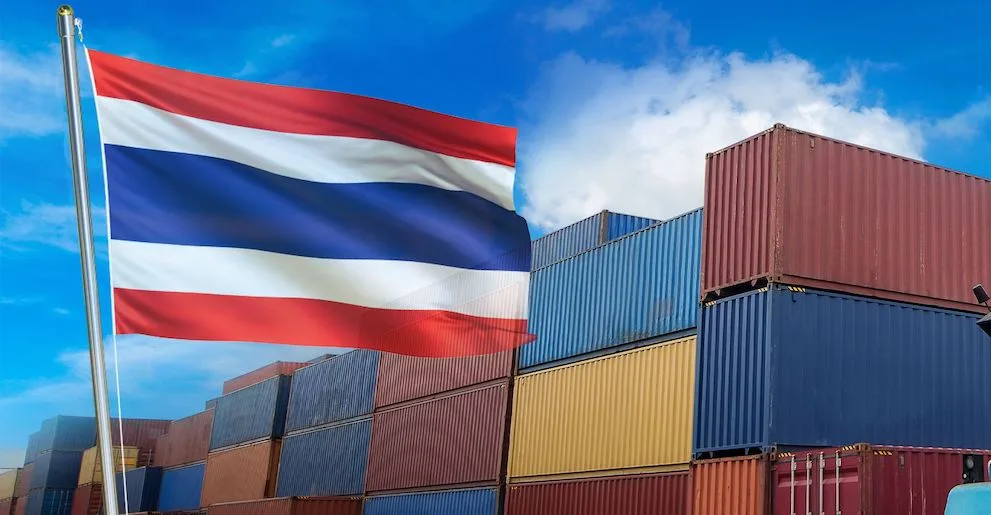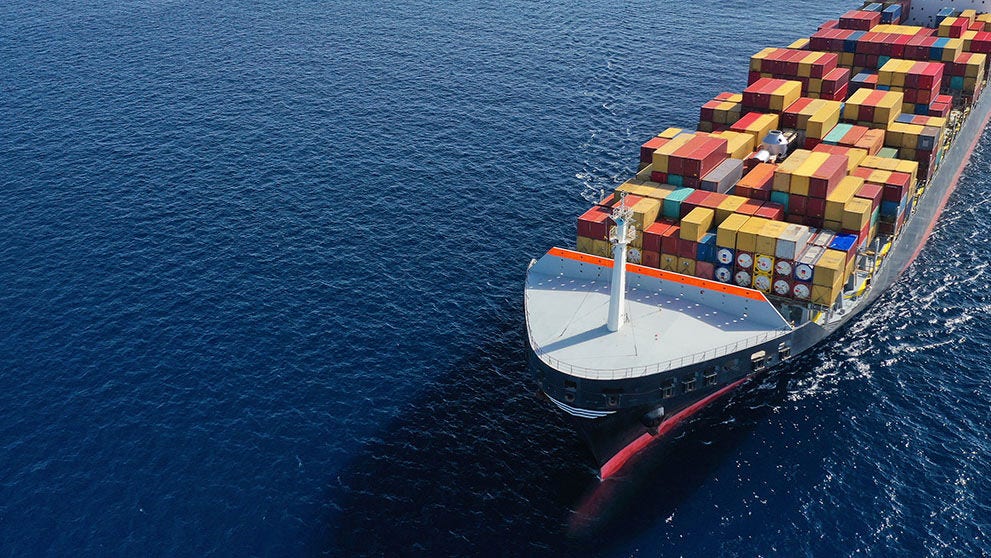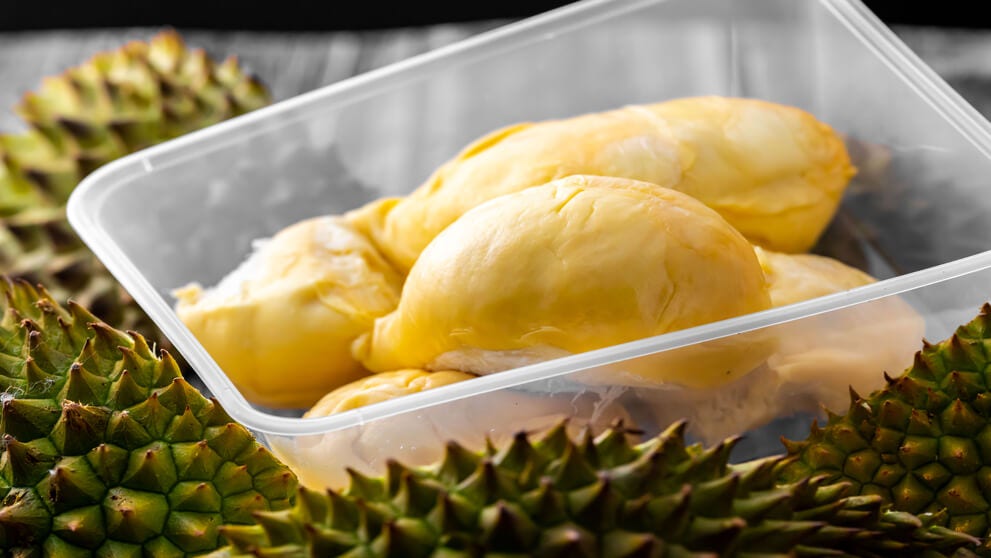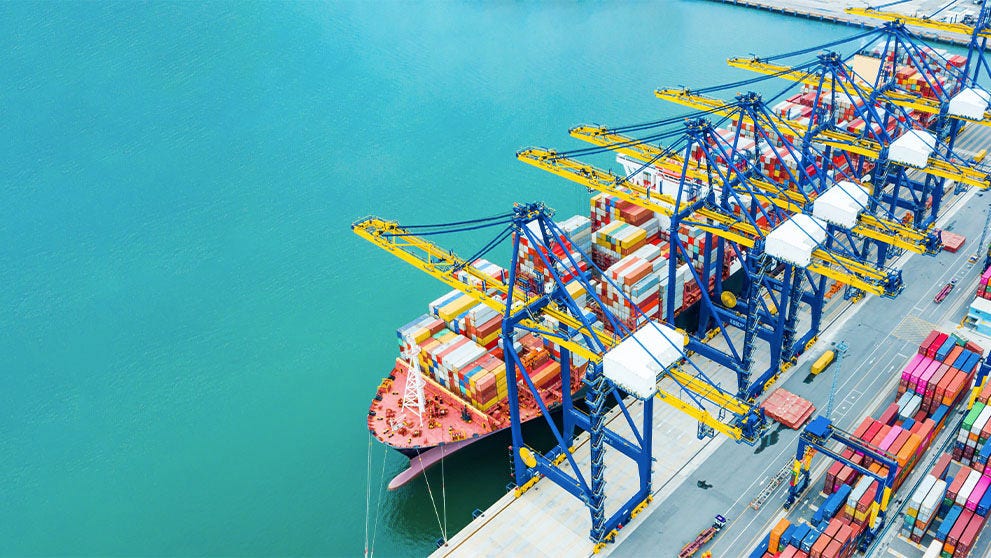
At the beginning of 2022, Malaysia’s durian export saw a significant decline despite the spike in the last few years. Indeed, the country’s durian producers faced many challenges stemming from the rise in fuel and fertilizer price, as reported by Product Report. The increase, combined with the sharp downfall of the throughput at the Port of Shanghai, also affected durian export. To make things worse, producers suffered a 60% to 80% reduction in some crops’ harvest due to heavy rains.
Still, durian plays a crucial role in the country’s economy, as the demand in destinations like China and Hong Kong is still strong, reports the Straits Times. Many Malaysian businesses are looking to restore the past momentum and start exporting the King of Fruit.
The majority of durian export destinations are in Asia. Malaysia's historic export destinations include China, Hong Kong, and Singapore with Malaysia now having complete market access to Singapore and Hong Kong for fresh and processed durian products. With a world market share in 2020 of about 0.64%, Malaysia earned US$17.70M from selling this fruit overseas.
Given these promising opportunities, Malaysian durian businesses interested in international expansion should consider the steps involved in securing an export license. For a more comprehensive insight, this is how to get a durian export license and sell one of the most profitable fruits on the foreign market:
How to start exporting durians from Malaysia?
1. Registering and applying for licenses with Malaysian Authorities
The production must come from farms with accreditation by the Department of Agriculture (DoA). Consequently, they must have a Good Agricultural Practice (GAP) certification to pass the first regulations. The second part of the licensing involves the manufacturing process. All fruits must go through processing adhering to the Good Manufacturing Practice (GMP) and receive a permit from the importing country.
2. Registering as an exporter with MAQIS
In order to successfully export durians from Malaysia, you would have to register and obtain permits from two different government bodies. First, register as an exporter with Malaysian Quarantine Inspection Services (MAQIS) to obtain the MAQIS Export Permit. You can do this through the e-portal Dagang Net.
Register with Dagang Net
- To register online with the Dagang Net through its website (http://www.dagangnet.com/registration/)
- Under New Customer Registration, select “Declaration, Manifest, Permit, Epco, Mystat, Mypayment, Aiiva, E-npco”.
- Continue with your registration
- Apply under OGA : MAQIS / KUARANTIN TUMBUHAN
- Submit application online for dagangnet registration
- Make payment to dagangnet online
- Dagangnet will provide username and password within 1-2 working days after approval
Registration (one time)
- Corporate – RM500
- SME – RM200
Module Fee MAQIS E-Permit
- RM200/year
Dagangnet fee for using their system
- RM5/application (invoice once per month)
- Login to dagangnet e permit to apply MAQIS permit for every export shipment (https://epermit.dagangnet.com.my/epermit.jsp)
- Normally approved within 24hrs. However, to play safe, please consider 1-3 working days for MAQIS approval
- Log in & check if the approval is granted (no notification will be given, thus you can check the status after 24 hours)
- Once approved, check payment status and make payment
- Print e-permit for use in inspection later
MAQIS export permit
- RM15/application
MAQIS inspection
- RM2 for the first 1 ton. Subsequent is RM1 per ton.
3. Registering as an exporter with FAMA
Next, register with FAMA to obtain the Conformity 3P Certificate (GPL) or Certificate of Conformity (CoC). The process can be complicated, so we have provided a complete list of the procedures and documents that should be prepared to start exporting durians from Malaysia:
- Register your business with FAMA in website www.e3p.com.my
- If you have already registered with dagangnet earlier, enter the dagangnet account number
- You are required to attach SSM scan copy of certificate as proof of company registration in when you submit your application to FAMA
- With just a few simple clicks, fill in the required details and click Submit
- FAMA will look through your application and will grant approval to qualified businesses within a few mins to 24hours if with sufficient documents
- Notification on the status will be received via email.
- When your application is approved, make the necessary payments
- You are now ready to start using e3P system to apply for CoC
Application of CoC with FAMA
- Apply on the same website www.e3p.com.my
- Normally, approval will be within 24hrs. However, to play safe, please consider 1-3 working days for FAMA approval.
- Notification on the status will be received via email.
- Print CoC for use in inspection later
FAMA (e3P)
Annual Access Fee
- RM120/year
CoC application
- RM3/application
Future market prospects and opportunities
Shipping durians internationally requires you to overcome several challenges. Along with getting the right permits and licenses, durian exporters in Malaysia also need to contend with using preservation technology and packaging that keep the fruit at its freshest.
Also, many expect frozen durian exports to decrease by 50% by the end of the year despite the rising demand from China. Fortunately, the durian export market seems ready to endure the increase in fuel and fertiliser prices. To incentivise newcomers to the industry, the Malaysian government presents a set of measures to make licensing straightforward. Moreover, there are no taxes imposed on durian exports. This prospect offers small and medium-sized companies an excellent opportunity to start exporting durians outside of Malaysia.
Malaysia durian exports
From 2017 to 2023, Malaysia exported durians worth RM5.17 billion, according to ThinkChina. The country aims to capitalize on its premium Musang King durian, renowned for its buttery, thick flesh and unique creamy, bittersweet flavor. This highly sought-after variety is cultivated in the tropical rainforests of Kelantan, Pahang, and Johor. According to The Strats Times, Musang King has become especially popular in China, one of Malaysia's largest export markets.
Can Malaysia export fresh durian to China?
In June 2023, China approved the import of fresh durians from Malaysia, creating significant opportunities for Malaysian exporters to tap into China's rapidly growing demand for this fruit. This development allows Malaysia to strengthen its presence in one of the world’s largest durian markets. It further boosts the country's agricultural export revenue and meets Chinese consumers' rising interest in premium varieties like Musang King.
Start exporting durians with DHL Express’ Durian Express
To overcome the logistics challenges of exporting durians, consider DHL Express Malaysia’s Durian Express Initiative. We provide next-day delivery of durians to Hong Kong and Singapore to successfully carry out shipments of durians. Ship with DHL Express today to get started.
For more export insights, check out our guide on AHTN codes and SST for logistics.


